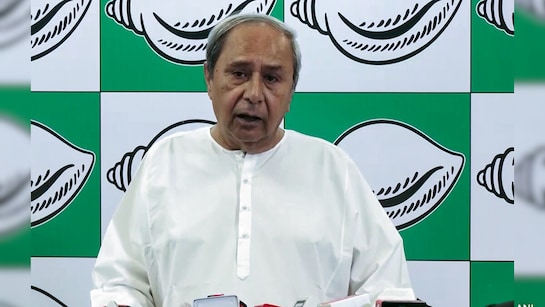New Delhi: In a significant political move, the Biju Janata Dal (BJD) has softened its opposition to the controversial Waqf (Amendment) Bill 2025, allowing its Rajya Sabha members to vote based on their conscience. This shift comes despite the party previously stating its opposition to the bill before its presentation in the Lok Sabha, reported the NDTV.
Senior BJD leader Sasmit Patra announced on social media platform X (formerly Twitter) that no party whip would be issued this time. “The Biju Janata Dal has always upheld the principles of secularism and inclusivity, ensuring the rights of all communities. We deeply respect the diverse sentiments expressed by different sections of the minority communities regarding the Waqf (Amendment) Bill, 2025,” his statement read.
Patra emphasized that BJD members in the Rajya Sabha would be responsible for voting in the best interest of justice, harmony, and the rights of all communities.
This development marks the first instance of a non-aligned party deviating from the opposition bloc on the bill. While AIADMK and YSR Congress continue to oppose the legislation, the government already holds a numerical advantage in the Rajya Sabha. With the National Democratic Alliance (NDA) holding 125 seats in the 245-member Upper House, BJD’s decision could further strengthen the ruling party’s position.
The shift in BJD’s stance is notable given the party’s recent political trajectory. Once a dominant force in Odisha, the party suffered a crushing defeat in the 2024 general and state elections, losing its hold on power after nearly three decades. The BJP secured a sweeping victory, claiming 20 out of 21 Lok Sabha seats and 78 of 147 assembly seats in Odisha.
Following its electoral loss, the BJD distanced itself from the BJP, even joining opposition protests in parliament. However, its current position on the Waqf Bill signals a more nuanced political strategy, potentially indicating a recalibration of its stance on national issues.
As the debate over the Waqf (Amendment) Bill continues, the BJD’s decision to leave the vote to individual conscience may have significant implications for the bill’s passage and the broader political landscape in India.




